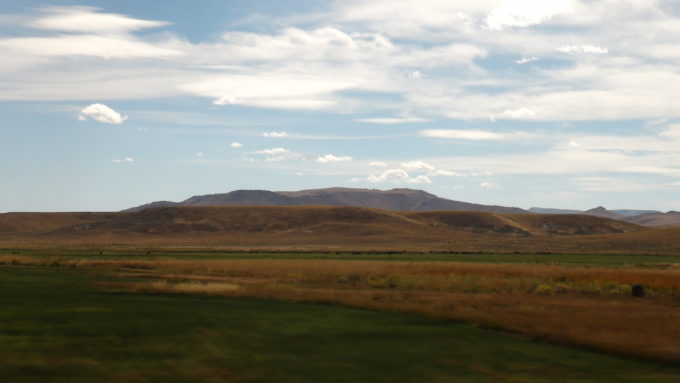
Wednesday, 5 August 2020
These are sensual persons, who cause divisions, not having the Spirit. Jude -19
Jude continues describing the people he has been describing for quite a few verses. Here, he says, “They are sensual persons.” The word signifies something natural, as in the natural body of man. To understand the most likely intent of what Jude is saying, the NIV says they “follow mere natural instincts.”
In other words, they follow instinct more like brute beasts or unreasoning animals than they follow the higher spiritual life in emulation of God. They are on the level of farm animals – conducting their lives by outward senses and not thinking through the consequences of the lusts they act upon. Of these, Jude then says, “who cause divisions.”
He uses a word found only here in Scripture, apodiorizó. It is a combination of apo (away), and horizó (to mark off by a boundary). Therefore, it signifies separation. They cause unnecessary division – either themselves from others, or in setting up an “us against them” mentality within the church.
In order to elevate themselves and their treacherous lifestyles, they point at faithful believers who hold to the whole counsel of God and accuse them of being the ones who are wrong. Today’s common phrase which is used by such people is “intolerant.” When they accuse believers of being intolerant, they attempt to make it appear that they are on the right side of the Lord, who is loving and merciful. However, in order to do this, they have to dismiss the very nature of God who is truly loving, but who is also just, righteous, and holy. In their divisions, there is not the unity of fellowship that is supposed to exist within the church.
Jude then says, “not having the Spirit.” There is no article before “Spirit” in the Greek. Because of this, it can be argued that he is not referring to the Holy Spirit. Further, the fact that he refers to Pneumati Hagiō, or “Holy Spirit,” in the next verse indicates that in this verse he is not speaking of the Holy Spirit.
Indeed, if he is referring to the Holy Spirit, he would be making a determination that such a person never believed the gospel. If this is so, it is making a claim that only the Lord actually can make. What seems more likely is that he is making a comparison to what he just noted about them being “sensual persons.”
Because they follow natural instincts, they are, as the Weymoth Version states it, “wholly unspiritual.” Thus, “not spirit having” (as the Greek reads) would not be speaking of the Holy Spirit, but not possessing the higher spiritual life in emulation of God. The two thoughts are complementary then, one supporting the other.
The difference in the two approaches to this final clause are of the greatest importance. There are those who are referred to in Scripture who are clearly presented as saved, and yet they are living their lives in a carnal or apostate manner. Yet their salvation is never questioned. On the other hand, it is assumed.
For Jude to state that certain people do not have the Spirit in a general manner, as he has, would then allow anyone to question anyone’s salvation based on improper conduct – something not seen in Scripture. Therefore, the conservative view of saying such people are “wholly unspiritual” is probably the correct view. We can easily say that of people who have fallen away from the truth without questioning their salvation. This is especially important because we actually have no idea if they are saved or not. Only the Lord will make that determination.
Life application: In the end, we all have choices to make concerning Jesus Christ. Will we be obedient to Him, or will we follow our natural instincts and lusts? If a person who acts this way was never saved, he will continue his course all the way to the Lake of Fire. If he was saved, but has fallen from what is right and proper, he will continue his course right to the judgment seat of Christ, where he will lose the many rewards he could have heaped up in a life of righteousness and faithful observance to the word of God.
Heavenly Father, when we accepted Jesus Christ as our Lord and Savior, Your word says that we were saved at that time. As Your word indicates that we cannot lose our salvation, but that we can depart from faithful living in our salvation, help us to live the holy and respectable Christian lives that You desire for us. May we conduct ourselves in holiness, and may we bring You great honor and glory in doing so. In Jesus’ name we pray. Amen.
